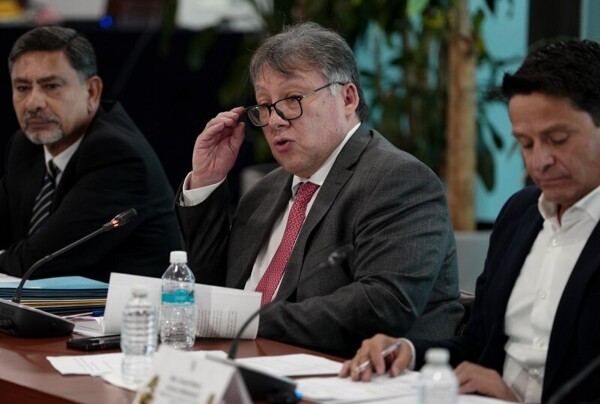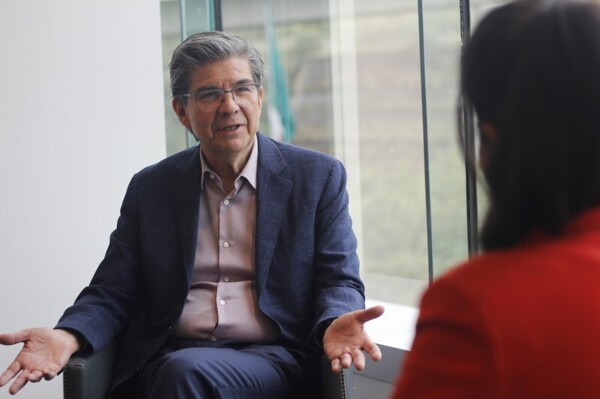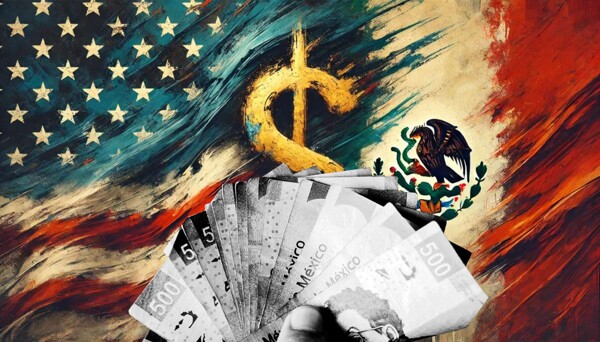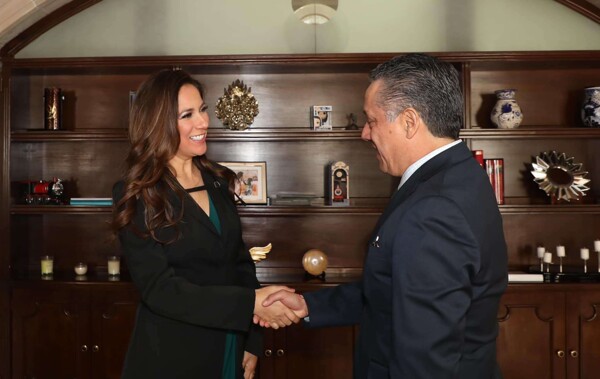
During the Great Depression in the 1930s, countries attempted to protect their economies by increasing barriers to foreign trade, which turned out to be counterproductive. This led to a drastic decrease in global trade, affecting employment and living standards in many places. At the United Nations Monetary and Financial Conference in Bretton Woods in July 1944, a framework for international economic cooperation was agreed upon.
In the sixties, "stabilizing development" achieved impressive growth rates without relying on exports, avoiding inflation and over-indebtedness. However, there is currently a perceived potential end to the Free Trade Agreement that evolved into the USMCA. Opposition to it has even manifested in the United States Congress, and previous decisions have hindered progress in international agreements.
After World War II, key institutions such as the World Bank and the International Monetary Fund (IMF) were established to stabilize exchange rates and facilitate post-war reconstruction. The establishment of the International Trade Organization (ITO) was proposed to regulate international trade, also addressing employment, trade practices, investment, and services.
Various countries began negotiations in 1945 to redirect towards trade liberalization, countering previous protectionist policies. It is essential to avoid trade wars and promote international cooperation for mutual benefit.














